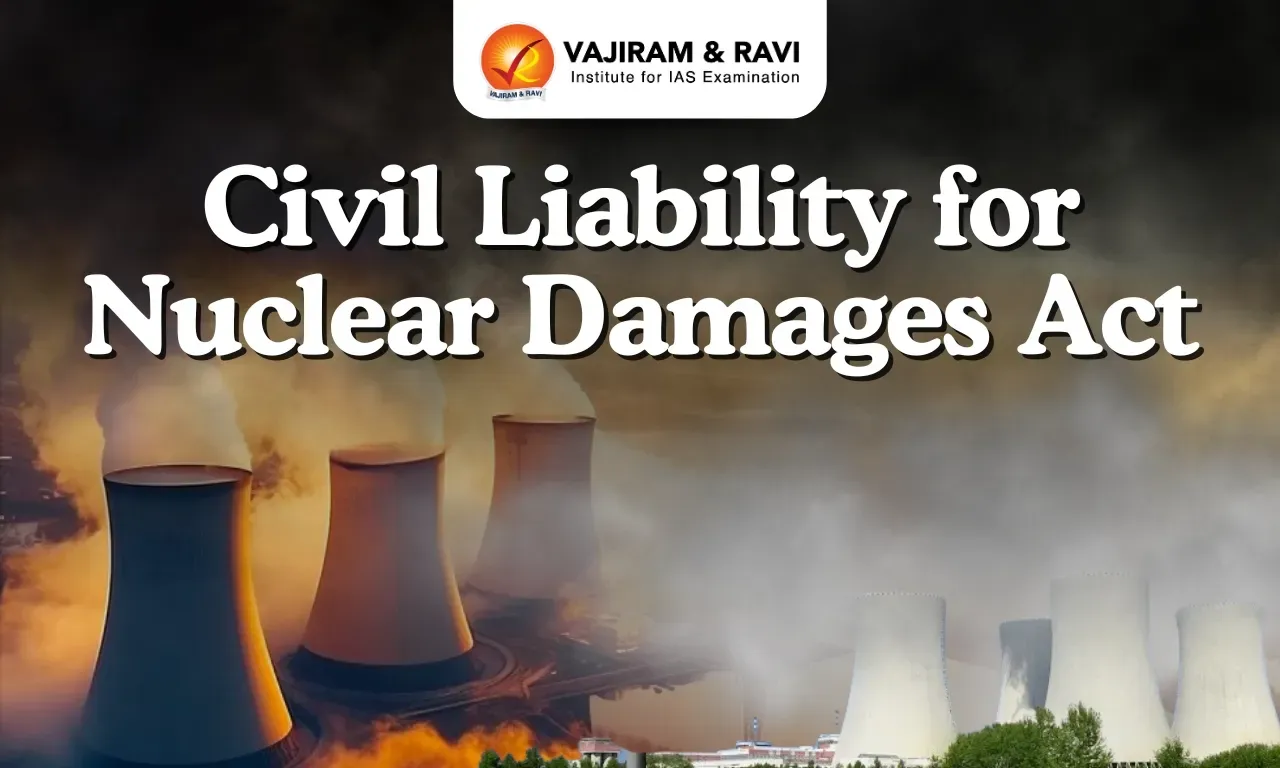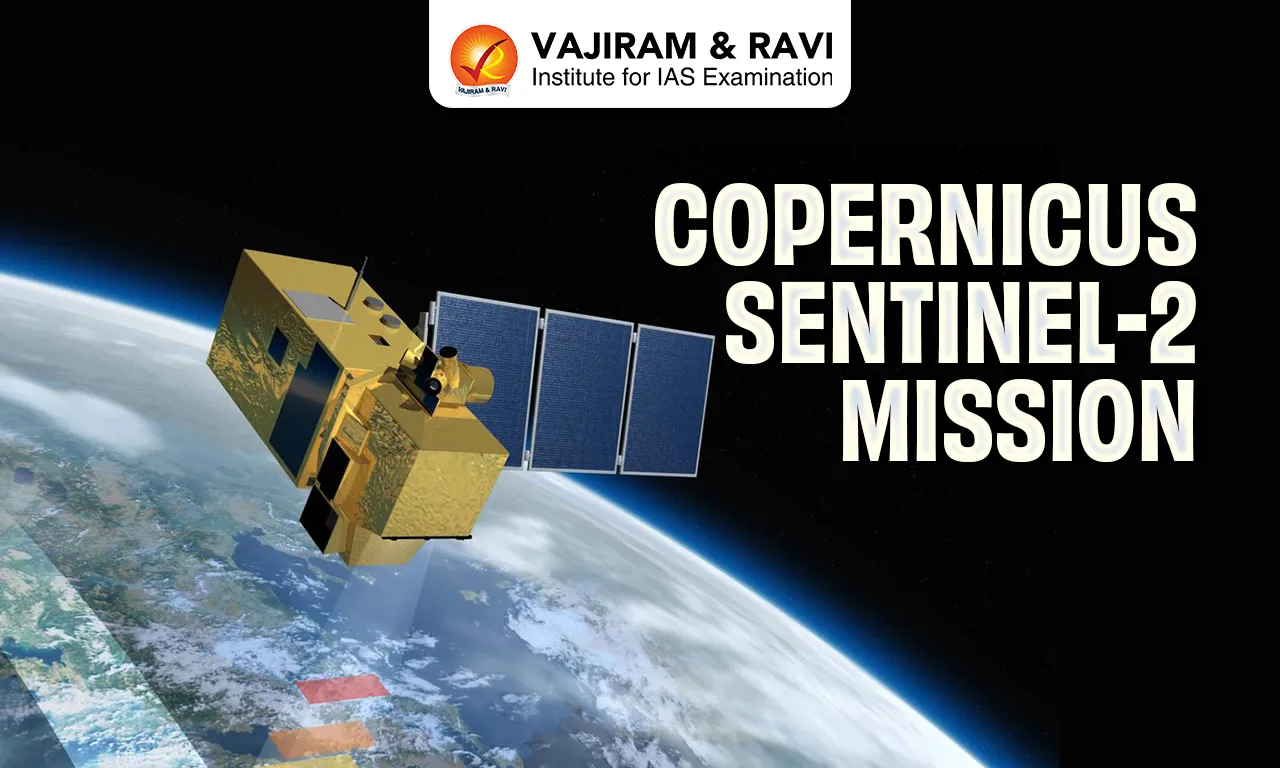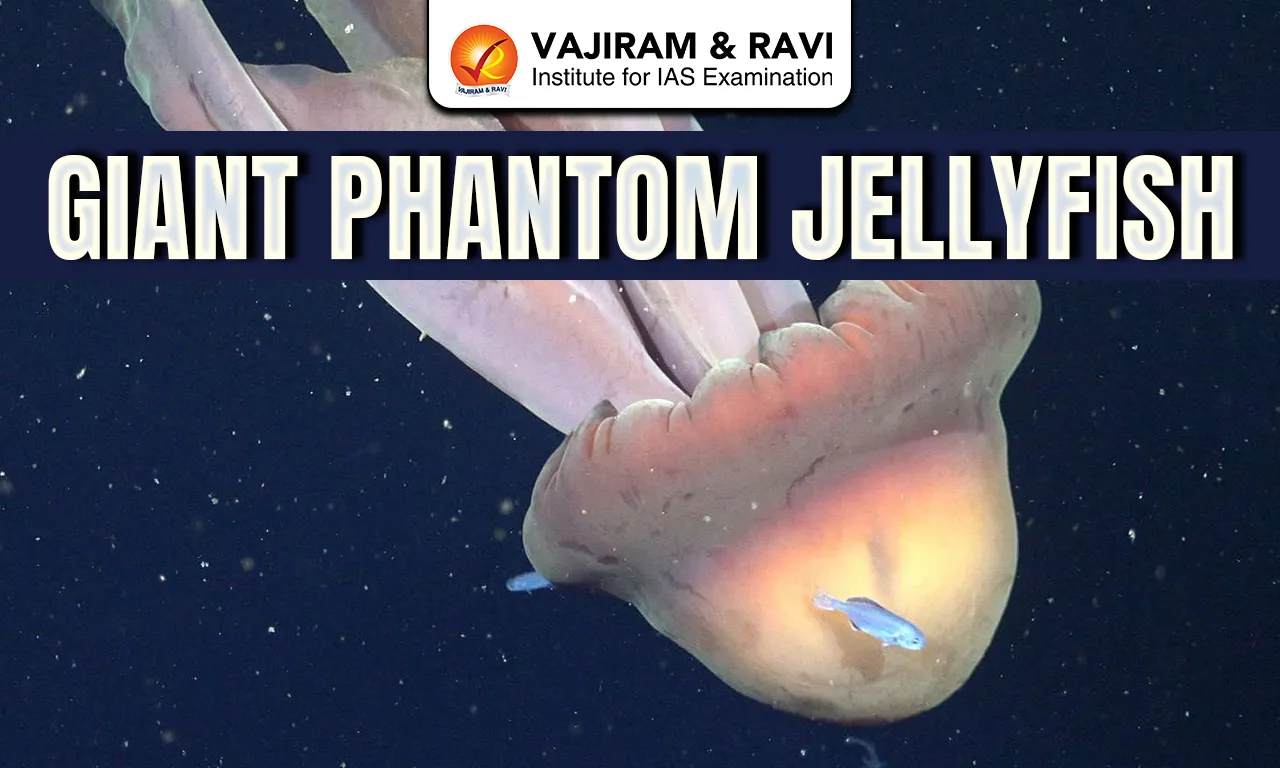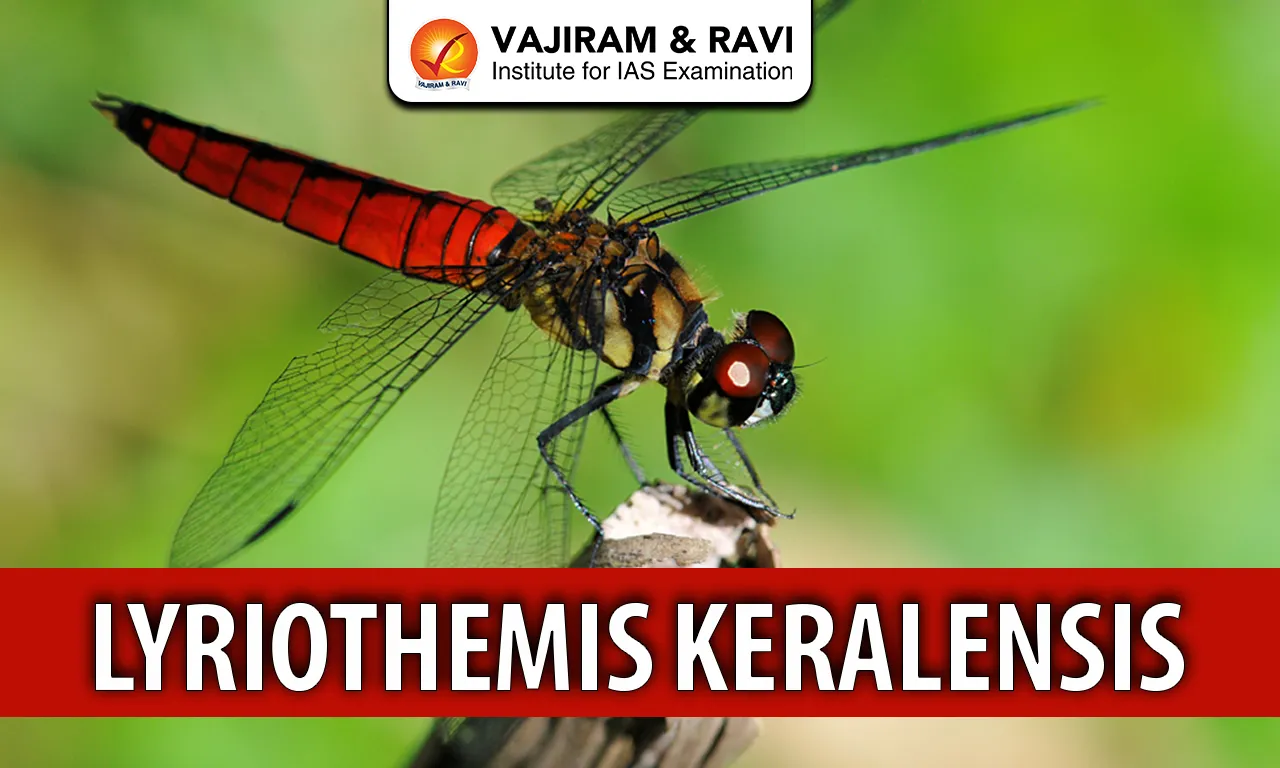Civil Liability for Nuclear Damages Act Latest News
Union government’s recent announcement that it would amend the Civil Liability for Nuclear Damages Act (CLNDA), 2010, and the Atomic Energy Act, 1962, is likely to enthuse American and French nuclear power companies, whose projects have been deadlocked due to legal concerns for more than 15 years.
About Civil Liability for Nuclear Damages Act
- The CLNDA was adopted by Parliament in 2010.
- It is the legal foundation that influences India’s response to nuclear incidents.
- It is based on the international principles of civil nuclear liability laid down in the Vienna Convention, Paris Convention, and Brussels Supplementary Convention.
- It created a mechanism for compensating victims from damage caused by a nuclear accident, allocating liability and specifying procedures for compensation.
Civil Liability for Nuclear Damages Act Features
- The CLNDA provides for strict and no-fault liability on the operator of the nuclear plant, where it will be held liable for damage regardless of any fault on its part.
- This Act establishes the operator’s liability for nuclear catastrophes up to 1,500 crore, which requires insurance or financial security.
- In case the damage claims exceed ₹1,500 crore, the CLNDA expects the government to step in.
- The Act has limited the government liability amount to the rupee equivalent of 300 million Special Drawing Rights (SDRs) or about ₹2,100 to ₹2,300 crore.
- In addition to establishing a timeline for compensation claims, the act authorises the Atomic Energy Regulatory Board to report incidents within 15 days.
- In addition, the act establishes a Nuclear Damage Claims Commission to facilitate equitable compensation and conflict resolution.
Civil Liability for Nuclear Damages Act FAQs
Q1. What is the Paris Convention on Civil Liability for Nuclear Damage?
Ans. It is an international treaty that establishes a framework for civil liability and compensation in the event of nuclear accidents.
Q2. What is 1997 Vienna Convention on Civil Liability for Nuclear Damage?
Ans. It is an amendment to the original 1963 Vienna Convention, established under the International Atomic Energy Agency (IAEA).
Q3. What is Nuclear Energy?
Ans. Nuclear energy is the energy released from the nucleus of atoms through nuclear reactions.
Source: TH
Last updated on February, 2026
→ UPSC Notification 2026 is now out on the official website at upsconline.nic.in.
→ UPSC IFoS Notification 2026 is now out on the official website at upsconline.nic.in.
→ UPSC Calendar 2026 has been released.
→ Check out the latest UPSC Syllabus 2026 here.
→ Join Vajiram & Ravi’s Interview Guidance Programme for expert help to crack your final UPSC stage.
→ UPSC Mains Result 2025 is now out.
→ UPSC Prelims 2026 will be conducted on 24th May, 2026 & UPSC Mains 2026 will be conducted on 21st August 2026.
→ The UPSC Selection Process is of 3 stages-Prelims, Mains and Interview.
→ Prepare effectively with Vajiram & Ravi’s UPSC Prelims Test Series 2026 featuring full-length mock tests, detailed solutions, and performance analysis.
→ Enroll in Vajiram & Ravi’s UPSC Mains Test Series 2026 for structured answer writing practice, expert evaluation, and exam-oriented feedback.
→ Join Vajiram & Ravi’s Best UPSC Mentorship Program for personalized guidance, strategy planning, and one-to-one support from experienced mentors.
→ UPSC Result 2024 is released with latest UPSC Marksheet 2024. Check Now!
→ UPSC Toppers List 2024 is released now. Shakti Dubey is UPSC AIR 1 2024 Topper.
→ Also check Best UPSC Coaching in India






















